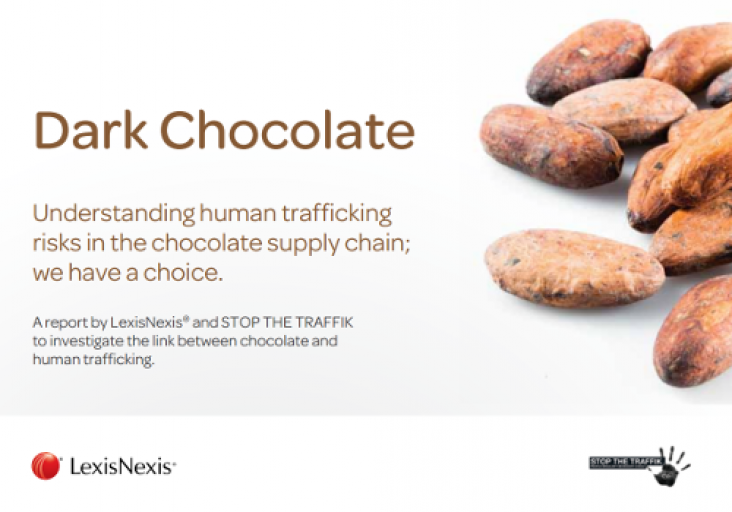This report calls on business to promote entrepreneurship among young people and to support and invest in youth-owned enterprise, which are issues covered in Goal 4 and Goal 8.
A compilation of good practices gathered from desktop research or submitted by UN Global Compact participants in response to a call to share actions and initiatives that their companies are undertaking to respect and support children’s rights, focusing on Goal 4 and Goal 8.
Integration and interconnection are two key themes in this chapter, which primarily addresses goals 8 (decent work and economic development) and 13 (climate action) although has links to several others.
Partner content
United Nations UniversityJournal of International Criminal Justice, 2015.
Contributing to SDGs 8 (Decent Work and Economic Growth) and 16 (Peace, Justice and Strong Institutions), this research brief explores the contribution of international criminal justice norms and institutions to the eradication of modern slavery.

The Dressed to Kill Report is based on LexisNexis' Human Trafficking Awareness Index and highlights the risk and prevalence of human trafficking in the cotton supply chain globally. The report offers guidance on how to take actions to eliminate or reduce the risk of human traffickign in the supply chain contributing to the advancement of SDG target 8.7 to eradicate forced labour, end modern salvery and human trafficking by 2025.

This 2013 report investigates the link between chocolate and human trafficking. It demonstrates how Supply Chain and Procurement Directors can better understand the risk of human trafficking in their supply chain by analysing media coverage. The insights into the chocolate trade and its links to human trafficking contributes to the advancement of SDG target 8.7 to eradicate forced labour, end modern slavery and human trafficking by 2025.
The economic crises seems blinding the governments and major economic actors toward environmental troubles.
A considerable body of work highlights the relevance of collaborative research, contract research, consulting and informal relationships for university-industry knowledge transfer.
Following the introduction of the long-term care insurance scheme and deregulation of the market for at-home care services, Japan experienced a substantial increase in expenditure on care for the elde
